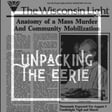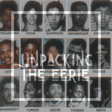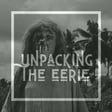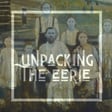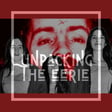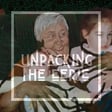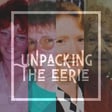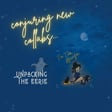
24. Melancholia, Menstrual Derangement & Bad Whiskey Pt. 1
DARK HISTORY/HAUNTINGS: Weston State Hospital/History of Asylums
CW: ableism, racism, gender-based violence, psychiatric trauma, abuse
In the late 1800s, America would become home to a new wave of “mental health” institutions we now know as asylums. The Weston State Hospital (aka The Trans-Allegheny Lunatic Asylum) was one of many of these “state of the art” facilities. This episode Is all about how aspirations for palatial, elite experiences for (white) mentally ill patients quickly descended into the picture that you probably have of these places - carceral sites of unspeakable cruelty and dehumanization for those who were multiply marginalized. There was so much information on this, we’ve decided to break it up into 2 parts. In part one, you’ll learn about why Weston State Hospital is considered one of the most haunted places in the country, the history of asylums as a whole and the social-political climate that led to the extreme rise of people incarcerated in these institutions.
References
Outro last updated April 2023
FYI: we've recently unpublished older episodes as we are in process of re-editing for a smoother flow & audio experience. they will be available again as we finish.
Thank you for listening to our passion project <3 You can find us on social media here! We're a team of 2 people & have always been ad-free. If you are enjoying, please consider supporting our sustainability on Patreon or by making a one-time contribution via CashApp $unpacktheeerie.
- your grateful hosts
